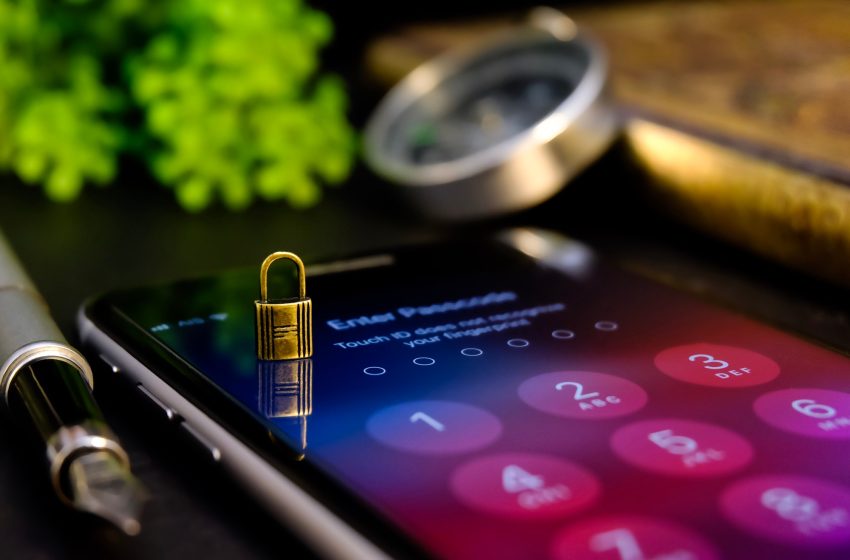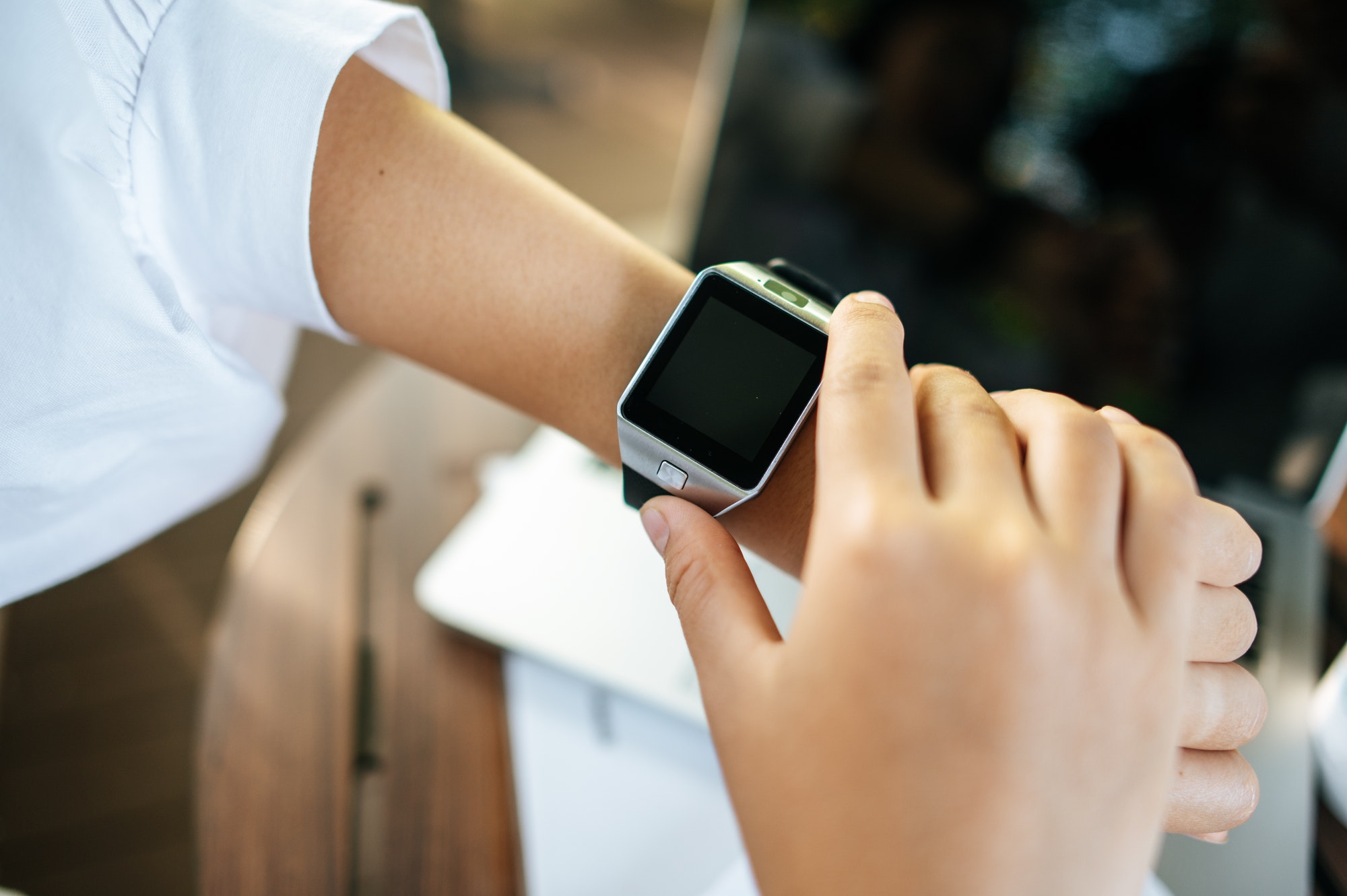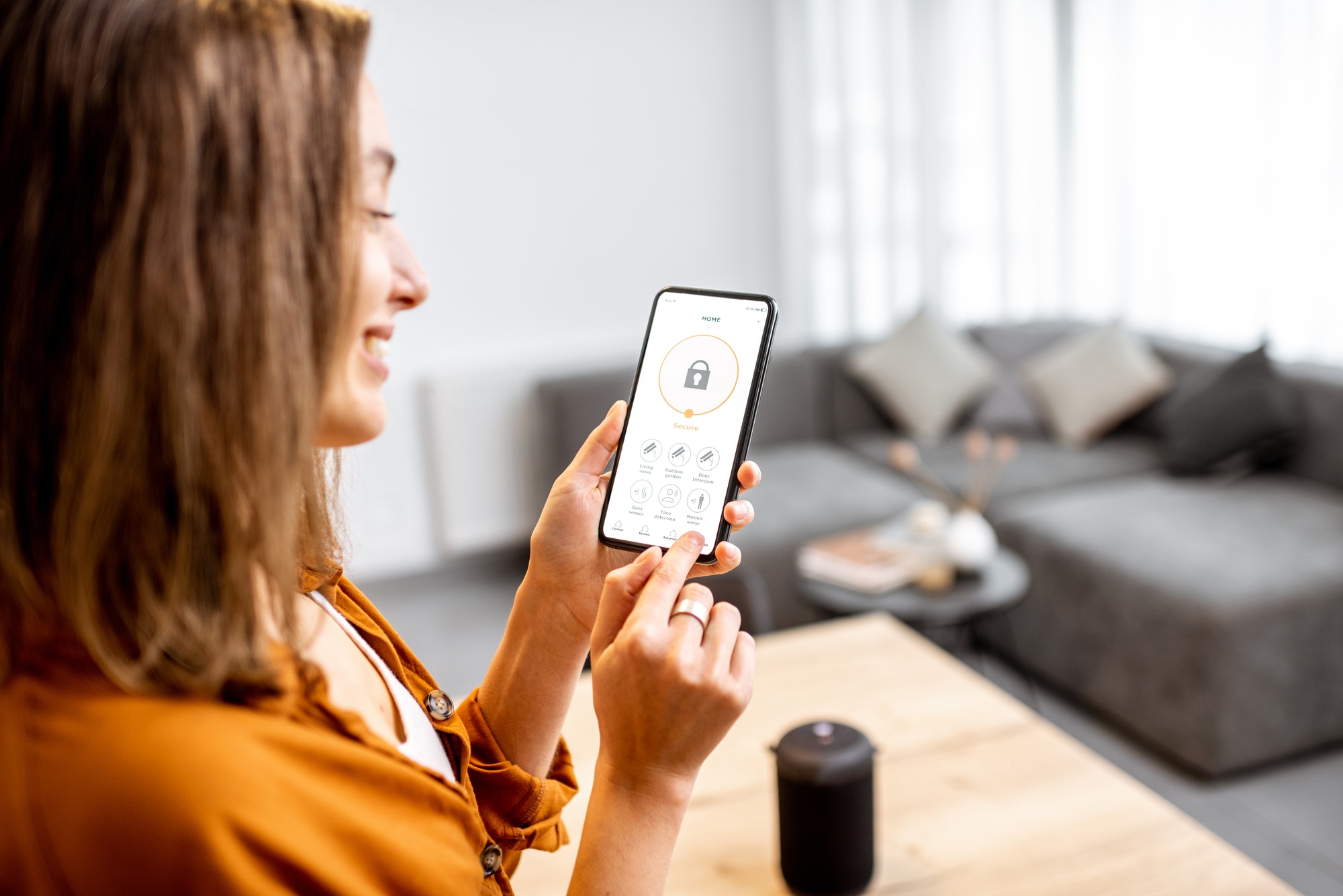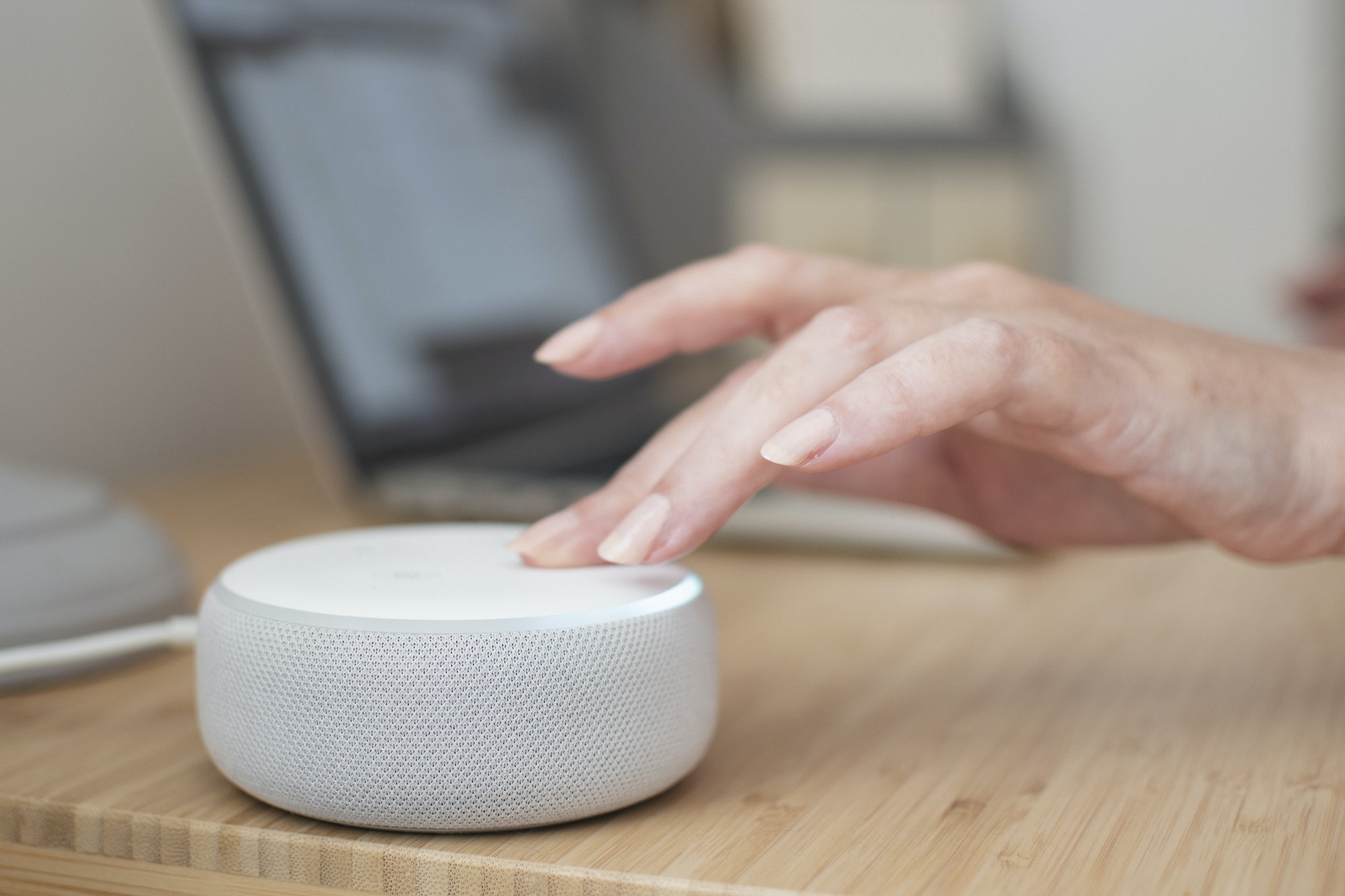
Mobile Security Myths Debunked – Be Sure You Are Aware
Mobile applications are booming, and the ubiquity of mobile devices means that security is more important than ever. However, the vast majority of the population still uses an outdated form of security, such as PIN numbers.
Security is of the utmost importance to every individual, no matter the industry. The threat of data being hacked or being lost is one of the most frightening things that someone can experience and it seems like we never hear about security enough.
We all know that we need to take care of our personal devices and we’re always browsing articles about how to protect ourselves and what to do if we think we’re in danger. But do you ever stop and wonder why you’re hearing those same tips over and over again?
Ever since mobile devices and websites became popular, there’s been a misconception that people would be less safe when browsing from their mobile devices. This article will debunk this myth by talking about the security of mobile devices and how they stack up to computer web browsers.
Mobile Devices Don’t Need Encryption

It is true that the data on your phone isn’t as sensitive as other devices. However, it can still contain personal information that you don’t want to fall into the wrong hands. For example, your banking app or your email account.
If you are involved in a high-profile court case, there is a chance that your phone could be examined by law enforcement. With encryption, you can protect the data without any trace of hacking.
In a 2016 study, it was found that 75% of smartphones and tablets stored sensitive information. The data stored could be anything from passwords and credit card information to GPS location and health records.
Even if your device is password protected, it can still be accessed by hackers using different methods such as phishing or social engineering.
Many people believe the myth that mobile devices don’t need encryption because they are more than likely used in safe environments. The truth is, hackers can steal information from your device even if it is locked with a PIN, password, or fingerprint.
In fact, mobile devices are prime targets for cybercriminals and it’s important to protect them from hackers. Encrypting data on a device protects the information from being accessed by third parties. To be safe, use encryption tools on mobile devices as well as desktops and laptops.
Wearables Do Not Security

Wearables such as watches and fitness trackers can provide detailed information about how someone is moving throughout the day. For example, a runner’s watch might tell time, recording distance, pace, and heart rate. But this data has no security because it is not stored digitally.
There are many myths about mobile security. For example, there are several people who believe that wearables must have their own security protocols to ward off attacks. However, this is not the case. Wearables only need the same protection as an ordinary smartphone because they are connected to it.
The main reason wearables pose no security risk is because most of them are incapable of storing any data. They also lack the capability to transmit data back to an outside source. As long as you’re sure to avoid wearing your device in situations where it might be stolen or misplaced, like when showering or bathing, it poses no potential danger at all.
Smart devices like watches and fitness bands do not need any security because they are not connected to the internet. This means that there is no risk of hacking, viruses, or other malicious software infecting them. As long as you keep all your security software updated on your phone, tablet, or laptop, these devices are safe from external threats.
Skipping Mobile Security Evaluations

One of the commonly accepted myths is that it is okay to forego mobile security evaluations. I disagree.
With more businesses going mobile, it’s important to understand the risks of a data breach. Many organizations have a false sense of security because they don’t think their mobile devices are connected to a network.
The reality is that all of your sensitive information is at risk. Even if you have secure passwords and encryption, it won’t do anything if your device is lost or stolen.
Not having an evaluation done can lead to a lot of issues. One is that not only does it take a long time for the company to have repercussions from a data breach, but it also creates a lot of issues with customers.
The problem is that once they find out that the company didn’t have an evaluation done, customers will trust them less and buy fewer products.
It is important to evaluate your mobile security vulnerabilities and determine the appropriate steps to take. It is not okay to just skip this evaluation because it can lead to increased risks of data breaches and hackers compromising your company’s network.
Make sure that you have a plan for assessing your mobile device’s security measures and that you know how long it will take to complete the evaluation process.
Mobile Devices Are Less Secure Than Desktop Devices

It’s been a long-held belief that mobile devices are less secure than desktop devices. This is because desktop computers have been around for a lot longer and they have been more thoroughly tested by security experts. However, this is no longer the case due to improvements in the design of mobile operating systems.
There has always been a debate about whether mobile devices are less secure than desktop devices, and while there is no “black and white” answer to the question, we do know that it’s not as simple as saying that they are less secure.
If you’re able to protect your device with a strong password, along with other security measures such as logging out of public Wi-Fi, locking down your social media accounts, and installing security software for extra protection, then you’re doing everything you can to keep your device safe.
Keep in mind though that mobile device is a new attack vector and can be accessed from less secure networks. They’re also more likely to be stolen or lost, and the more networked they are, the higher the risk of being hacked.
Mobile Devices Don’t Need 2 Factor Authentication

There are many people who are afraid of the idea of 2-factor authentication because they believe that if they lose or break their phone, then they will no longer have access to any of the information on it. This is not the case because if you choose to have two-factor authentication for your email, then you can still access all of your data on a new device.
Mobile devices are used for many things, including online banking and for transferring funds through the phone, closing home loans, making payments, and carrying out other financial transactions. If you have a smartphone with 2-factor authentication enabled, it may be easier for you to protect your device from being hacked or having unauthorized access.
Laptops Offer More Security Than Mobile Devices

Laptops are not more secure than mobile devices when it comes to security. Laptops may be more protected, but the problem is that the data is still accessible by a hacker because they could go through a laptop via a USB drive or other memory cards.
Always keep in mind that laptops and desktops utilize easily accessible drives that when stolen, the data can easily be retrieved.
Mobile devices have become a prime target because of their portability and accessibility. The best way to protect your data on either device is by using encryption software and not storing sensitive info on them.
Laptops Do Not Get Lost

A Gallup poll revealed that the percentage of laptop theft or loss has increased five-fold since 2006. It’s alarming that many people are not taking the security of their laptops into account.
One of the most common reasons that people steal laptops is because they want to sell them. If the laptop has any personal information on it, then this person who stole it can use that information to commit identity theft. They might also try and get access to sensitive company data and sell this for a profit.
Public App Stores Are Secure

Most people think that if they get an app from a public app store, it’s safe. This is incorrect. A study showed that 97% of Android apps and 75% of iOS apps had at least one vulnerability. The point is that no matter where you get an app from, you need to take precautions because malware can be hidden in any app.
Many people believe that apps don’t pose a threat to their mobile devices. They feel like the only way for an app to harm their phone is if they download it from somewhere other than the app store.
This may be true for some apps, but not all. Malicious apps can be found in any store and these programs will open backdoors, monitor your data, send notifications, and more.
If you use your phone for work or personal business then you need protection to ensure that your information stays safe.
Public app stores are not a way to circumvent the security issues that come with downloading from other sources. These stores also have their own problems, such as unknown rule enforcement and unknown privacy issues. For example, a public app store may let an app access your microphone without notifying you.
Mobile Devices Have More Secure Vulnerabilities

While security in the mobile domain is a growing concern for enterprises, it is not an area in which people are in real danger. Most of the vulnerabilities associated with mobile devices are exaggerated.
For example, many people believe that phones are susceptible to data hacks. However, this is often due to incorrect information or poor user configuration – not because of inherent vulnerabilities in the devices themselves.
Not all the vulnerabilities are about the hardware. There are also software flaws that exist which have not been patched, or hackers may have found a way to install malware on your phone. The best thing you can do is to use an antivirus app and install security patches as soon as they come out.
According to NTT Com Security, mobile security vulnerabilities are the third most exaggerated cyber threat. The report also states that mobile devices typically account for less than one percent of all observed malware. A Forbes article published earlier this month says that 70% of mobile users don’t use any form of antivirus protection on their phones.
Final Thoughts
Phones are constantly evolving, and so too must our understanding of their security. We hope this article has served as a handy reference to the ways in which the new world of mobile security can be navigated or avoided altogether with some simple precautions.
Technology has become an essential part of our lives. It provides the world with new conveniences and makes our time more productive. But it also leaves us vulnerable to many different types of security risks, which is why it’s important that we stay informed. By understanding how to combat these myths, we can make sure that we’re never left vulnerable to a hacker or a virus again!
The idea of mobile security can be overwhelming, but it doesn’t need to be. A few common-sense practices will ensure that your data is safe. Encrypt your phone, use a PIN code, and only install apps from reputable sources.
Be aware of these common misconceptions as outlined above, and be sure to do your research before investing in a mobile security product. Without the right tools for protection, you may be leaving yourself open to hackers or identity theft.
I hope this article has been helpful for you, and that it exposed some of the security myths surrounding mobile devices. And while a hacker may not be able to steal your data through a third-party app, they always have a chance of breaking into your device if you don’t keep it secure. So make sure to stay vigilant and follow all the necessary precautions.





